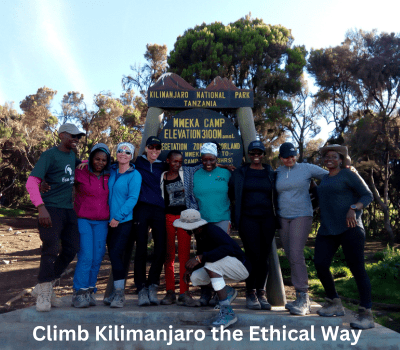Can I Save Costs by Not Hiring a Guide and Navigating Kilimanjaro Independently?
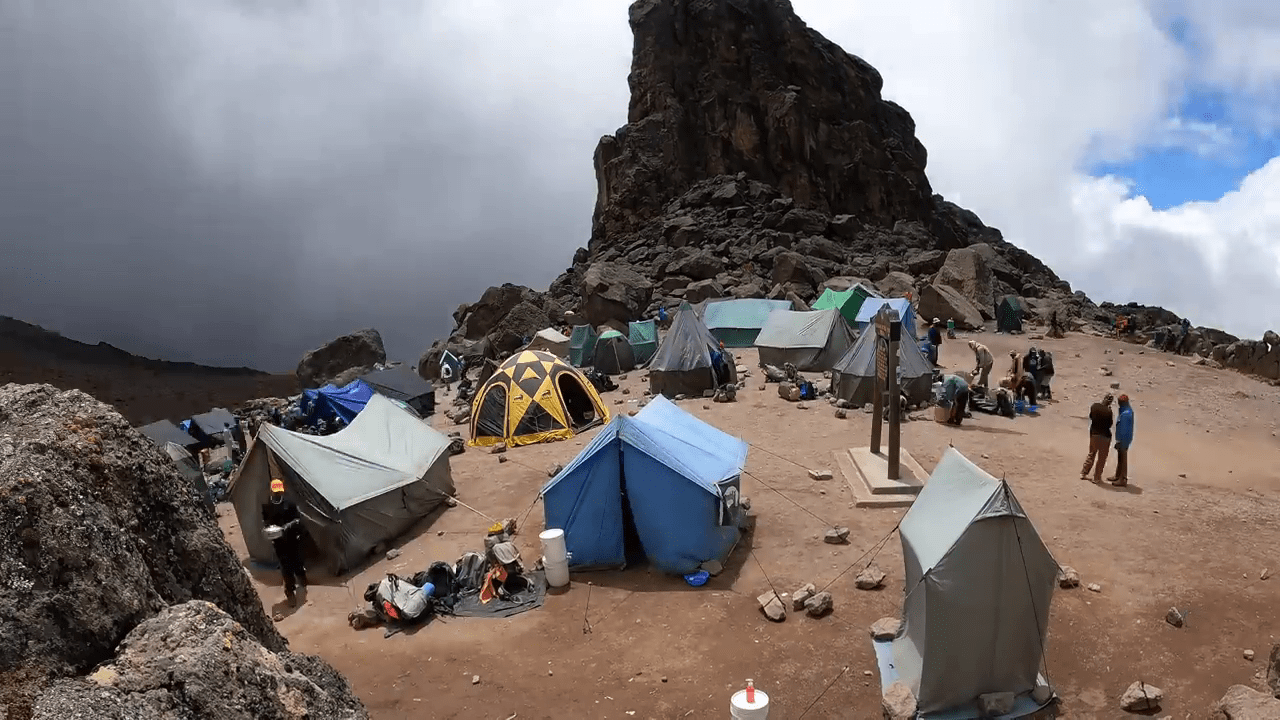
Introduction: The Temptation to Go Solo on Kilimanjaro
Mount Kilimanjaro—Africa’s tallest peak and a global trekking icon—entices thousands of climbers each year. With the rise in adventure travel and budget-conscious tourism, it’s no surprise that some trekkers consider skipping the guided route and attempting to navigate the mountain solo. After all, doing it alone might sound like a great way to save money, avoid crowds, and embrace the raw challenge.
But is it even allowed? More importantly, is it safe? While the idea of an independent Kilimanjaro climb may seem appealing to seasoned hikers, the reality is far more complicated—and potentially dangerous. In this article, we’ll dive into whether you can really save money by skipping a guide, what the Tanzanian regulations say, and why hiring a professional guide is more than just a legal formality—it’s an essential part of a successful and safe ascent.
We’ll also break down the actual costs involved and show how you can still climb on a budget with responsible operators like Eco-Africa Climbing, who provide expert services at competitive prices.
Understanding the Legal Requirement for a Guide
Let’s get one thing clear: it is illegal to climb Mount Kilimanjaro without a licensed guide. This rule is enforced by TANAPA (Tanzania National Parks Authority), which manages Kilimanjaro National Park.
Every climber must be accompanied by a certified guide who is affiliated with a registered tour company. Park rangers at entry gates verify guide documentation, and anyone attempting to climb solo will be denied access—and possibly fined or deported.
This regulation isn’t just a money-making strategy—it’s grounded in safety, conservation, and ethics. With extreme altitude, variable weather, and rough terrain, Kilimanjaro poses serious risks. A guide’s presence ensures that climbers follow designated trails, receive medical attention if needed, and minimize their environmental impact.
So, no—you cannot legally or practically climb Kilimanjaro independently. And attempting to bypass this system could jeopardize your safety, your investment, and your entire adventure.
Cost Breakdown: Guided Climb vs. Independent Trek
If you’re still wondering whether you’d save money by going without a guide, let’s compare the numbers:
| Expense | With Guide | Without Guide (Hypothetical) |
|---|---|---|
| Park Entry + Rescue Fees | $1000+ | Same (mandatory) |
| Camping + Conservation Fees | $500–$800 | Same (mandatory) |
| Guide & Porter Wages | $700–$900 | None (illegal) |
| Food, Gear, and Logistics | Included | DIY or separate costs |
| Emergency Support | Included | Not available |
| Total | $1800–$3000+ | N/A (Not Permitted) |
While it may seem like cutting out the guide could lower your costs, the reality is that most expenses remain fixed or mandatory. The only variable is the safety and professionalism you sacrifice by trying to go solo.
The Hidden Costs of Climbing Without a Guide
Beyond the legal issues, attempting a climb without a guide introduces several hidden costs:
- Safety Risks: Altitude sickness can strike anyone—without proper monitoring, it can be fatal. Trained guides carry emergency oxygen and know when to descend.
- Logistical Headaches: Transport to gates, food supplies, park permits—all are difficult to coordinate alone.
- No Emergency Evacuation: Without a registered operator, you’re not eligible for services like Kilimanjaro helicopter rescue.
- Gear Rental and Setup: Setting up your own gear, food, and navigation without porters adds exhaustion and stress—often increasing risk.
Ultimately, the “savings” are a myth. The price of going alone—if it were even allowed—could be much higher in the long run.
Why Tanzania Enforces Mandatory Guide Regulations
Tanzania’s mandatory guide rule isn’t about making tourism money—it’s about protecting lives, jobs, and the environment. With thousands of climbers each year, the government enforces structured systems to:
- Ensure Climber Safety: Experienced guides reduce fatalities and manage emergencies.
- Support Local Employment: Tourists create jobs for guides, porters, chefs, and logistics teams.
- Protect Ecosystems: Guided climbs follow “Leave No Trace” principles and minimize environmental harm.
At Eco-Africa Climbing, we’re proud to follow these guidelines and support local communities through ethical employment, porter rights, and sustainable practices.
Consequences of Attempting a Solo Climb
Attempting to climb Mount Kilimanjaro without a licensed guide is not only illegal but also fraught with serious consequences. Tanzanian regulations, enforced by the Kilimanjaro National Park Authority (KINAPA), mandate that all climbers be accompanied by a certified guide. Violating this regulation can result in:
- Denial of Entry: Park rangers will refuse access to unaccompanied climbers.
- Fines and Penalties: Unauthorized attempts can lead to substantial fines or even deportation.
- Safety Risks: Without a guide, climbers are more susceptible to getting lost, altitude sickness, and other hazards.
These measures are in place to ensure the safety of climbers and the preservation of the mountain’s environment.
Safety Implications of Climbing Without a Guide
Climbing Kilimanjaro presents numerous challenges, including extreme altitude, unpredictable weather, and rugged terrain. Without the expertise of a licensed guide, climbers face increased risks such as:
- Altitude Sickness: Guides are trained to recognize and manage symptoms, ensuring timely intervention.
- Navigation Errors: The mountain’s trails can be confusing, and getting lost is a real danger.
- Emergency Situations: In the event of an injury or sudden illness, guides coordinate rescue operations and provide first aid.
Guides play a crucial role in ensuring climbers’ safety and increasing the likelihood of a successful summit.
The Value Added by Hiring a Guide
Beyond safety, licensed guides enhance the overall climbing experience by:
- Providing Local Knowledge: Sharing insights about the mountain’s history, flora, and fauna.
- Ensuring Proper Acclimatization: Setting a pace that helps climbers adjust to altitude changes.
- Managing Logistics: Organizing meals, campsites, and equipment, allowing climbers to focus on the trek.
Engaging a reputable guide service ensures a more enriching and less stressful journey to the summit.
Budget-Friendly Options with Eco-Africa Climbing
For climbers concerned about costs, Eco-Africa Climbing offers affordable packages without compromising safety or quality. Their services include:
- Transparent Pricing: All-inclusive packages covering park fees, guide services, meals, and accommodations.
- Experienced Guides: Certified professionals trained in first aid and high-altitude trekking.
- Ethical Practices: Commitment to fair treatment and compensation for porters and staff.
By choosing Eco-Africa Climbing, adventurers can embark on a safe and memorable Kilimanjaro expedition within their budget.
Legal Implications of Climbing Without a Guide
Attempting to climb Mount Kilimanjaro without a licensed guide is strictly prohibited by Tanzanian law. Since 1991, regulations enforced by the Kilimanjaro National Park Authority (KINAPA) mandate that all climbers be accompanied by a certified guide. Violating this law can result in:
- Denial of Entry: Park rangers will refuse access to unaccompanied climbers.
- Fines and Penalties: Unauthorized attempts can lead to substantial fines or even deportation.
- Safety Risks: Without a guide, climbers are more susceptible to getting lost, altitude sickness, and other hazards.
These measures are in place to ensure the safety of climbers and the preservation of the mountain’s environment.
Safety Hazards of Solo Climbing
Climbing Kilimanjaro presents numerous challenges, including extreme altitude, unpredictable weather, and rugged terrain. Without the expertise of a licensed guide, climbers face increased risks such as:
- Altitude Sickness: Guides are trained to recognize and manage symptoms, ensuring timely intervention.
- Navigation Errors: The mountain’s trails can be confusing, and getting lost is a real danger.
- Emergency Situations: In the event of an injury or sudden illness, guides coordinate rescue operations and provide first aid.
Guides play a crucial role in ensuring climbers’ safety and increasing the likelihood of a successful summit.
The Importance of Guided Climbs
Beyond safety, licensed guides enhance the overall climbing experience by:
- Providing Local Knowledge: Sharing insights about the mountain’s history, flora, and fauna.
- Ensuring Proper Acclimatization: Setting a pace that helps climbers adjust to altitude changes.
- Managing Logistics: Organizing meals, campsites, and equipment, allowing climbers to focus on the trek.
Engaging a reputable guide service ensures a more enriching and less stressful journey to the summit.
Eco-Africa Climbing’s Commitment to Safety and Ethics
For climbers seeking a safe and ethical ascent, Eco-Africa Climbing offers comprehensive packages that prioritize:
- Certified Guides: Experienced professionals trained in first aid and high-altitude trekking.
- Ethical Practices: Commitment to fair treatment and compensation for porters and staff.
- Environmental Stewardship: Adherence to Leave No Trace principles to preserve the mountain’s ecosystem.
By choosing Eco-Africa Climbing, adventurers can embark on a memorable Kilimanjaro expedition with confidence and peace of mind.
Conclusion: Hiring a Guide Is Not Just a Rule—It’s a Wise Investment
Climbing Mount Kilimanjaro is an unforgettable achievement, but attempting it without a guide isn’t just illegal—it’s incredibly risky and, ironically, not cheaper in the long run. The guide requirement is designed not only to keep you safe but to preserve the mountain and ensure the fair treatment of the local workforce.
While the idea of cutting corners may seem like a cost-saving tactic, it ultimately compromises safety, legality, and the quality of your experience. With trusted operators like Eco-Africa Climbing, you gain experienced guidance, reliable logistics, fair pricing, and the peace of mind to focus on what really matters—reaching the summit.
Frequently Asked Questions (FAQs)
Is it legal to climb Kilimanjaro without a guide?
No. All climbers are required by Tanzanian law to be accompanied by a certified guide. Solo climbs are prohibited.
Will I save money if I skip hiring a guide?
Not really. Most major costs like park fees, accommodation, and gear remain fixed. Skipping a guide compromises safety and violates regulations.
What if I’m an experienced hiker?
Even seasoned mountaineers are required to climb with a guide. Experience doesn’t exempt you from the law or the dangers of high altitude.
Can I climb on a budget with a guide?
Yes. Choose affordable yet professional options like the 7 Days Machame Route or 8 Days Lemosho Route with Eco-Africa Climbing.
How do I ensure my guide is qualified?
Book through registered companies with KPAP certification, WFR-trained guides, and verified reviews. Avoid freelance offers without credentials.
Book Your Safe, Legal, and Affordable Climb with Eco-Africa Climbing
Don’t gamble with your health or your dream summit. Trust Eco-Africa Climbing to provide you with a licensed guide, high-quality service, and an ethical climbing experience.
Popular routes include:
Visit our contact page or request a booking today.
Share:
Related Posts
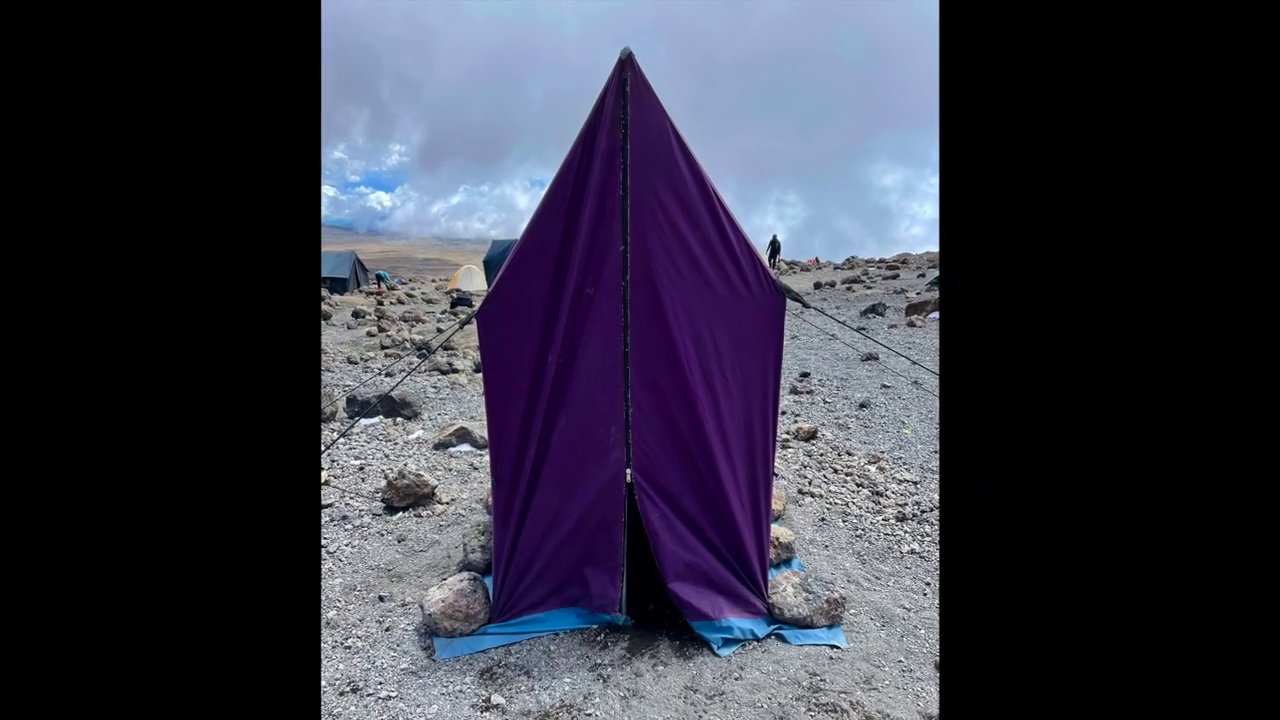
bathroom on mountain kilimanjaro
Bathroom on Mountain Kilimanjaro: What to Expect and How to Prepare Introduction One of the most common — and least discussed — questions from people
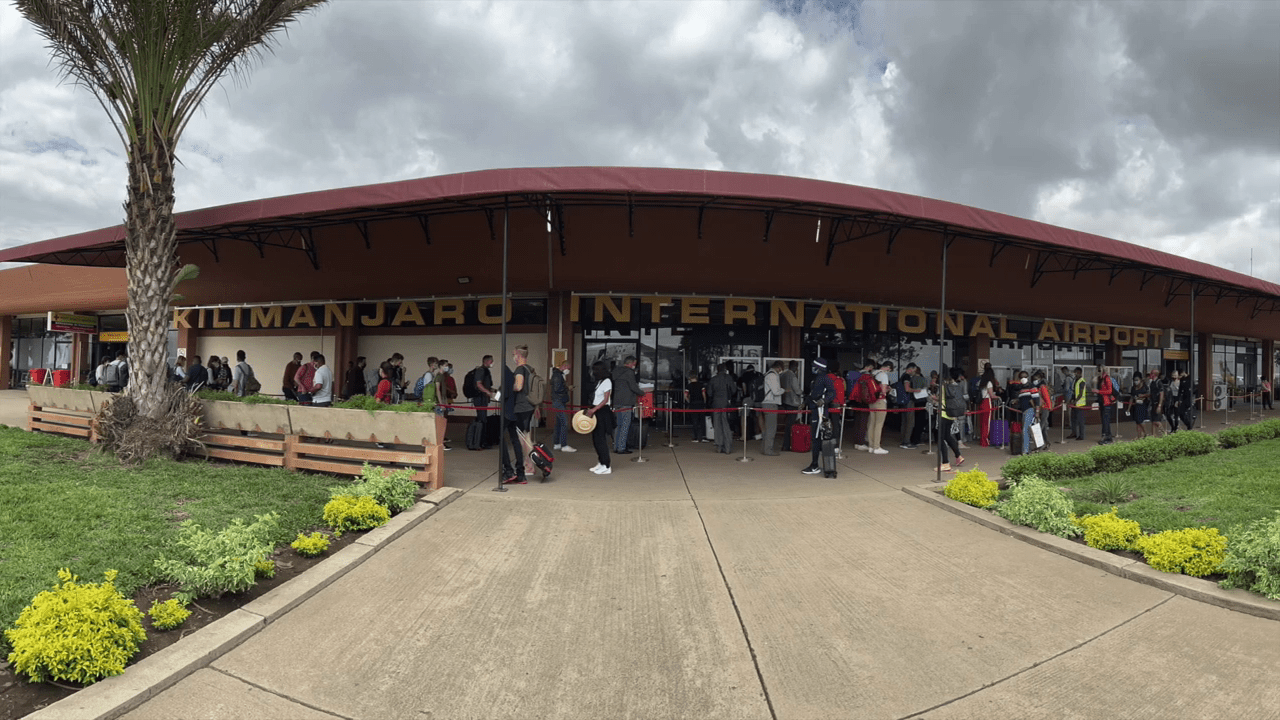
Are Guides Readily Available in Tanzania Without Prior Booking?
Are Guides Readily Available in Tanzania Without Prior Booking? Introduction: Should You Risk Climbing Without Pre-Booking? Climbing Mount Kilimanjaro is a dream for many adventurers.
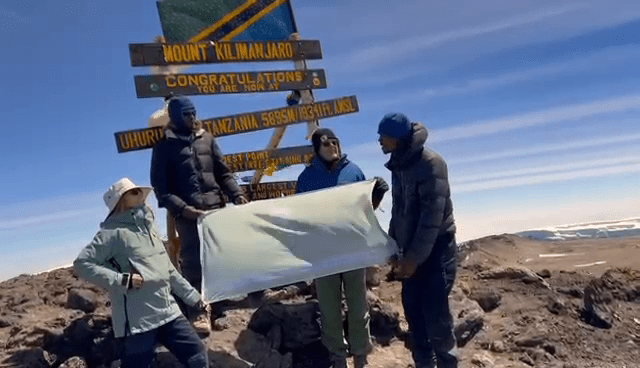
How Can I Find a Reliable Local Guide for My Kilimanjaro Expedition?
How Can I Find a Reliable Local Guide for My Kilimanjaro Expedition? Introduction: Why the Right Guide Is Key to Kilimanjaro Success Climbing Mount Kilimanjaro
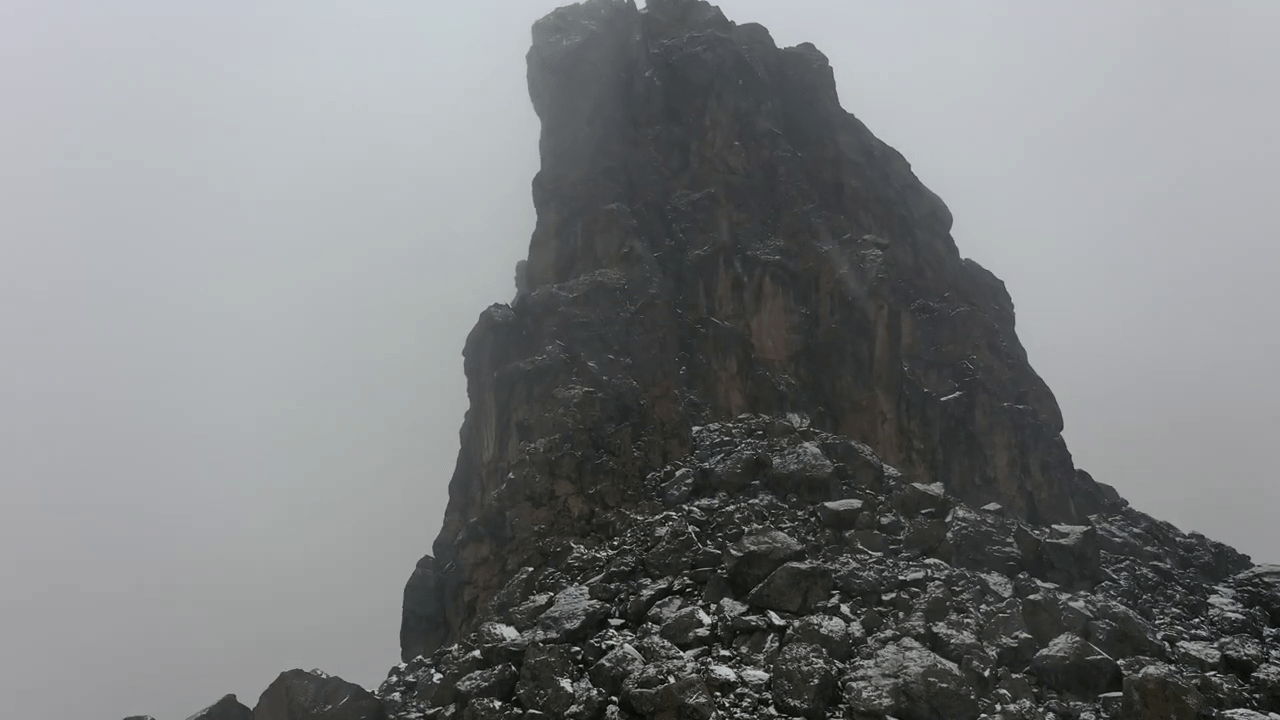
Is Climbing Kilimanjaro Dangerous for Individuals Without Mountaineering Experience?
Is Climbing Kilimanjaro Dangerous for Individuals Without Mountaineering Experience? Introduction: The Myth of Danger and Experience Many aspiring adventurers wonder if climbing Mount Kilimanjaro is
